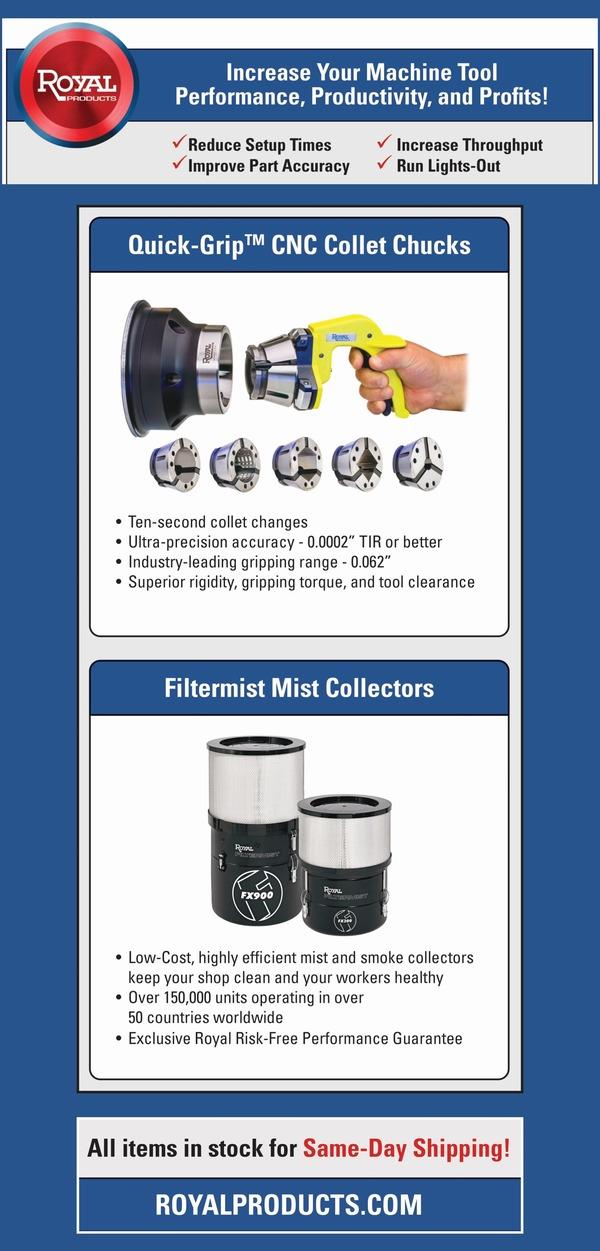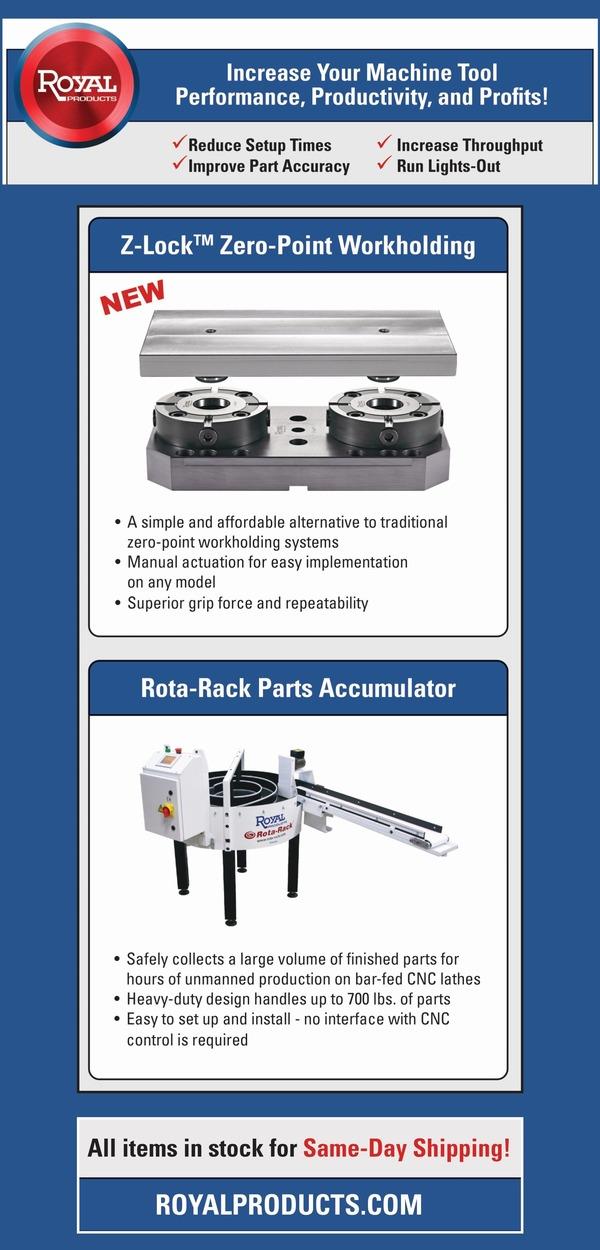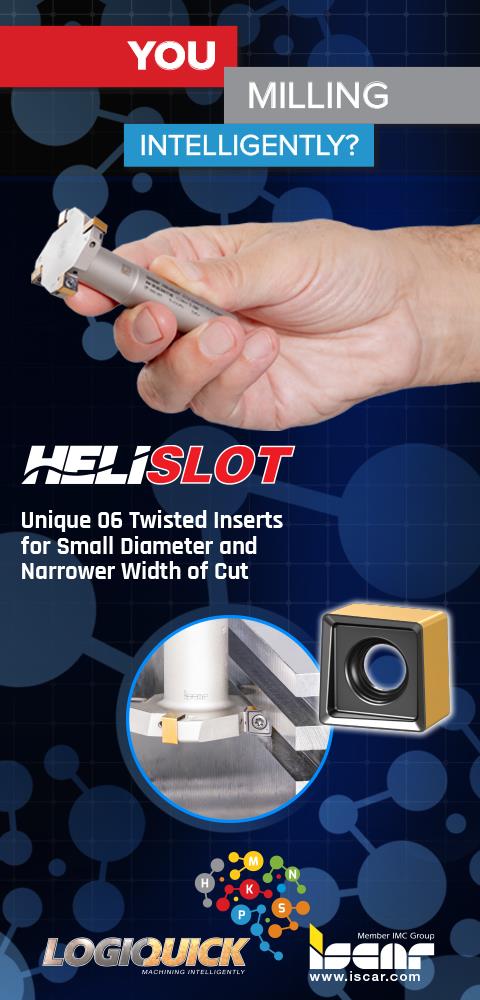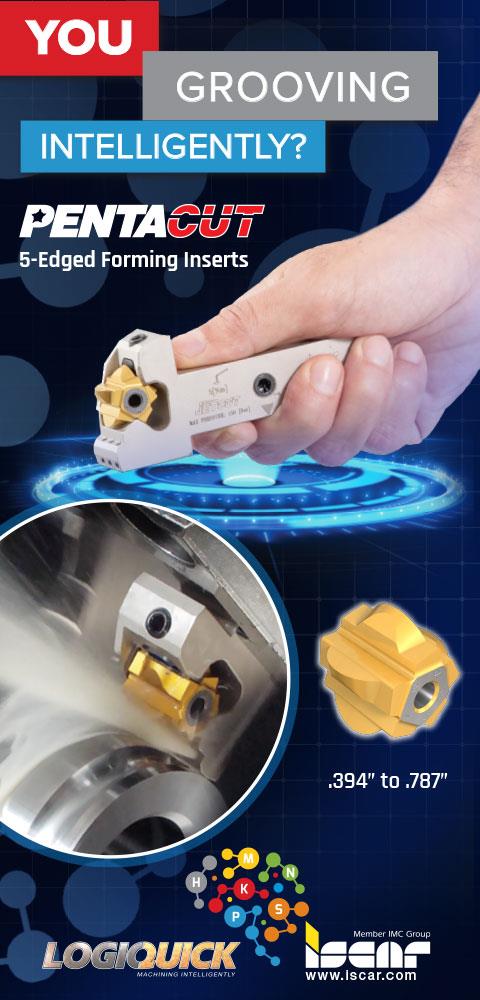








Precise Tube Forming for Medical Applications
April 1, 2019
transfluid offers axial and rolling solutions engineered for secure processing of a variety of materials, from stainless steel to titanium alloys.
"Special solutions for tubes are needed to meet specific medical requirements," said a company spokesperson. "Most of these tubes are very fine and thin. What matters in cases such as these is the ability to process high- and ultra-high-strength materials, such as titanium and stainless steel, which are used as flexible aids in microsurgery. With its T-forming machines, transfluid makes it possible to form tubes with an axial and rolling forming process with impressive results. For instance, it is possible to execute very accurate symmetrical and asymmetrical axial forming in a variety of materials."
"Our rotary forming machine can reduce or form the tubes partially or over a long distance," said Stefanie Flaeper, Sales and Marketing Director at transfluid. "In both cases, the process provides outstanding precision. After all, we are working with tubes with an external diameter between 1.5 mm and 8 mm." These fine tubes are used in endoscopy, emergency medicine and more. They also play an important role in hospital equipment, care equipment and sterilization processes. Because a special connection technique is required in this case, it may be necessary to use lasers for cutting during the forming of the tubes.
The manufacture of formed tubes for medical technology is done in clean rooms. In order to prevent contamination, the forming machine cannot always use the usual techniques. Therefore, ceramics or special metals with specific coatings are chosen as materials for the tools in order to meet those requirements.
For more information contact:
transfluid Maschinenbau GmbH
sales@transfluid.de
www.transfluid.net
< back